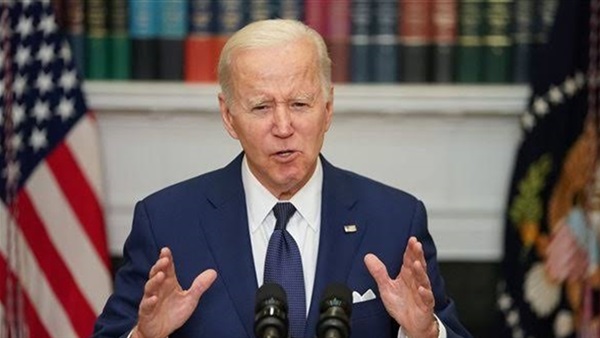US - Africa Leaders' Summit highlights US role in fighting terrorism on the black continent

Although the US led what it described as a global war on terror, American efforts have seen a significant decline in this regard in the African arena.
This comes against the background of fluctuations in Washington's policies and the apparent discrepancy in the positions of successive administrations in the White House.
Hardest hit
Africa is one of the most affected continents, compared to other continents, by the transformations taking place in the various international systems, especially those that have taken place over the past two centuries.
The holding of the US - Africa Leaders' Summit in Washington D.C., from December 13 to 15, came to once again highlight the role of the US in the fight against terrorism on the black continent, especially in the light of the continent's suffering from the remarkable proliferation of terrorist organizations, especially in the Horn of Africa, the Sahel and sub-Saharan regions.
Libya adds to this, along with the apparent deployment of Russian Wagner forces in a number of countries on the continent.
These developments have become worrying to Washington, especially with US allies, led by France and Germany, withdrawing their forces from several African regions.
Variable dynamics
The general American policy – at the security and military levels – with regard to the file of terrorist activities in Africa and ways to counter them has been characterized by a remarkably changing dynamic over the past two decades.
This dynamic included a number of basic premises for Washington's action in the face of the terrorist risks spread in several African countries, a multiplicity imposed by several internal and international factors, including the modification of some successive US administrations to its approach on this file, as well as changing the levels of the terrorist threat at the quantitative level, making the counterterrorism file one of the most important files of cooperation between the US and African countries.
Accelerated changes in the dynamics of the American role in Africa began to appear clearly at the stage of the Cold War.
Washington moved from framing its military presence in Africa to confront the movements of the Axis forces to support its allies with what appears to be a colonial presence on the African continent, especially France and Britain, as well as supporting the ruling regimes in African countries loyal to Washington, and armed and separatist anti-communist movements, with a limited and non-permanent presence of some of its naval and air units in several African countries.
Central points
The US has what it calls 'fulcrum points' in about 46 locations in Africa, between major bases, military support units, and emergency sites, the most prominent of which is the US military base in Djibouti.
This became the most important US base in the world after the September 2001 attacks.
The US military command in Africa, widely known as AFRICOM, is one of the most prominent central commands established after the World War II.
The number of soldiers and cadres operating under the umbrella of the command ranges from 8,000 to 12,000 at present, according to American estimates.
The American role in the fight against terrorism on the continent has witnessed several transformations over the past decades, after Washington conducted its first military intervention in Africa in the post-Cold War phase by a decision of former US President Bill Clinton, through the participation of US troops in the peacekeeping operation in Somalia in 1993.
However, the losses caused by this intervention led to the withdrawal of US troops from the Arab-African country and was limited to providing armed and training support to government forces in African countries, in the face of terrorist threats, without direct US military or security involvement.





